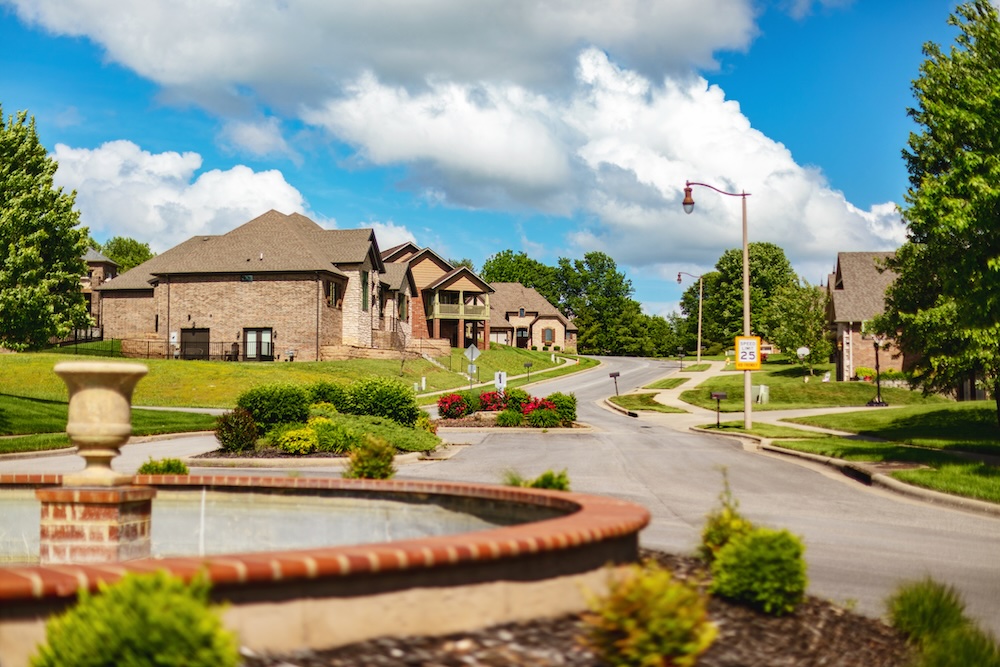
Key Takeaways
- Homeowner’s Association fees are often misunderstood but can comprise a large — and variable — part of your housing expenses.
- These fees are also mandatory, so make sure you budget accordingly when buying a home.
When you’re buying a home, the laundry list of fees and charges thrown at you can feel dizzying. But there’s one charge you must make sure you understand. Homeowner’s Association fees, often abbreviated as “HOA fees,” are critically important — and sometimes pricier than buyers realize.
HOA fees are also sometimes called “common charges,” when they’re attached to condominiums, and “maintenance fees” in New York City co-operatives. Whatever the name, they all have a similar usage: your household’s contribution to expenses that you share in common with other property owners in the association.
Importantly, these fees don’t just apply to condos and co-operatives. Nationwide, 29% of all Americans live in a home governed by some sort of community association, according to the Community Associations Institute. And that number may grow – in 2021, roughly two-thirds of all newly built homes were part of a community or homeowner’s association, a National Association of Home Builders analysis shows.
In the case of new construction, a developer may have built infrastructure that future homeowners must pay to keep up. HOA fees may also include expenses for groundskeeping, maintenance to common buildings, security, utilities, amenities, and compliance with local regulations.
It’s crucial for homeowners to understand HOA fees, since they can fluctuate — which usually means rise. That means that even if your mortgage has a fixed rate, your overall housing costs may be variable.
What’s more, if you buy a property that’s part of an association, you agree to share in the costs of the community, even unforeseen ones, in perpetuity. In some cases, emergency repairs or large upgrades may require something called an assessment — a temporary additional charge added to your regular HOA fees.
Here are some tips to keep in mind if you are considering buying a home in an HOA community:
- Know your fees and how they are calculated. Any fees that your association passes on to you are mandatory, and failure to keep up with them may jeopardize your ability to keep your home. Associations usually have the right to put a lien on your property if you don’t pay.
- Understand the rules. It’s common for HOAs to set restrictions around such items as landscaping, exterior home changes, where and what kind of vehicles can be parked at your residence and pets. Be sure you know what is and isn’t allowed and the consequences for breaking the rules. Associations can impose fines, take legal action and even pursue foreclosure against homeowners who fail to live by their covenants.
- Examine the history of the charges levied by the association. It may be a red flag if they have remained consistently low over time, since it may suggest the association has deferred needed maintenance or other expenses.
- Plan on attending HOA board meetings. This is the best way to stay aware of rule changes, maintenance upgrades or other action that may impact your fees.
If you still have questions, a local real estate lawyer or good lender should be able to help you understand the financial implications for buying a home in an HOA community.
The blog articles published by Unlock Technologies are available for general informational purposes only. They are not legal or financial advice, and should not be used as a substitute for legal or financial advice from a licensed attorney, tax, or financial professional. Unlock does not endorse and is not responsible for any content, links, privacy policy, or security policy of any linked third-party websites.”


